Sources
- https://www.law.cornell.edu/constitution/fifth_amendment
Cornell Law School's Legal Information Institute provides the full text of the 5th Amendment along with annotations and interpretations, making it an authoritative source for the amendment's wording and legal context. - https://www.archives.gov/founding-docs/bill-of-rights
The National Archives is the official repository of U.S. foundational documents, including the Bill of Rights. This source provides historical context and the original text of the 5th Amendment. - https://www.uscourts.gov/about-federal-courts/educational-resources/about-educational-outreach/activity-resources/what-does-0
The U.S. Courts website explains the 5th Amendment's protections (e.g., grand jury, double jeopardy, self-incrimination) in plain language, directly supporting the blog's simplified breakdown of rights. - https://www.oyez.org/cases/1931-1940/315us568
Oyez, a project of the Chicago-Kent College of Law, provides detailed summaries of landmark 5th Amendment cases like Blockburger v. United States, cited in the blog post. - https://www.justice.gov/usao/justice-101/grand-jury
The U.S. Department of Justice explains grand jury procedures, directly supporting the blog's section on how grand juries function under the 5th Amendment.
Key Points
- The 5th Amendment is part of the Bill of Rights, ratified on December 15, 1791, and relates to criminal proceedings.
- It includes the right to a grand jury indictment for infamous crimes, protection against double jeopardy, and the right to avoid self-incrimination.
- The amendment ensures due process, meaning trials must be conducted fairly and within legal bounds.
- The famous 'Miranda warning' ('you have the right to remain silent') is rooted in the 5th Amendment's protection against self-incrimination.
- The amendment limits eminent domain by requiring the government to pay fair market value for private property taken for public use.
- Key rights protected by the 5th Amendment include the right to just compensation, due process, protection against double jeopardy, and the right to plead the 5th.
- Notable cases like Blockburger v. United States and Miranda v. Arizona have shaped the interpretation and enforcement of the 5th Amendment.
- The amendment was proposed on September 25, 1789, and ratified by the required number of states by December 15, 1791.
- The 5th Amendment applies primarily to federal crimes, but its principles have been extended to state courts through the 14th Amendment.
Summary
The 5th Amendment to the U.S. Constitution protects key legal rights, including the right to a grand jury indictment, protection against double jeopardy, the right to avoid self-incrimination (often called "pleading the Fifth"), the right to due process, and just compensation for seized property. These safeguards ensure fair treatment in criminal proceedings and limit government overreach. Notable cases like *Miranda v. Arizona* have reinforced these protections, particularly in requiring law enforcement to inform suspects of their rights.
Click here or scroll down for the 5th Amendment Simplified.
The 5th Amendment to the United States Constitution contains 433 words and 2,290 characters. It is composed of 5 sentences.
5th Amendment
No person shall be held to answer for a capital, or otherwise infamous crime, unless on a presentment or indictment of a Grand Jury, except in cases arising in the land or naval forces, or in the Militia, when in actual service in time of War or public danger; nor shall any person be subject for the same offence to be twice put in jeopardy of life or limb; nor shall be compelled in any criminal case to be a witness against himself, nor be deprived of life, liberty, or property, without due process of law; nor shall private property be taken for public use, without just compensation.
The 5th Amendment is possibly one of the most quoted constitutional amendments in movies. Every time you hear the line:
‘right to plead the 5th’
it is referring to the 5th amendment!
What Is the 5th Amendment?
The 5th Amendment is part of the Bill of Rights, ratified on December 15, 1791, and relates to criminal proceedings. It is also called the self-incrimination amendment.
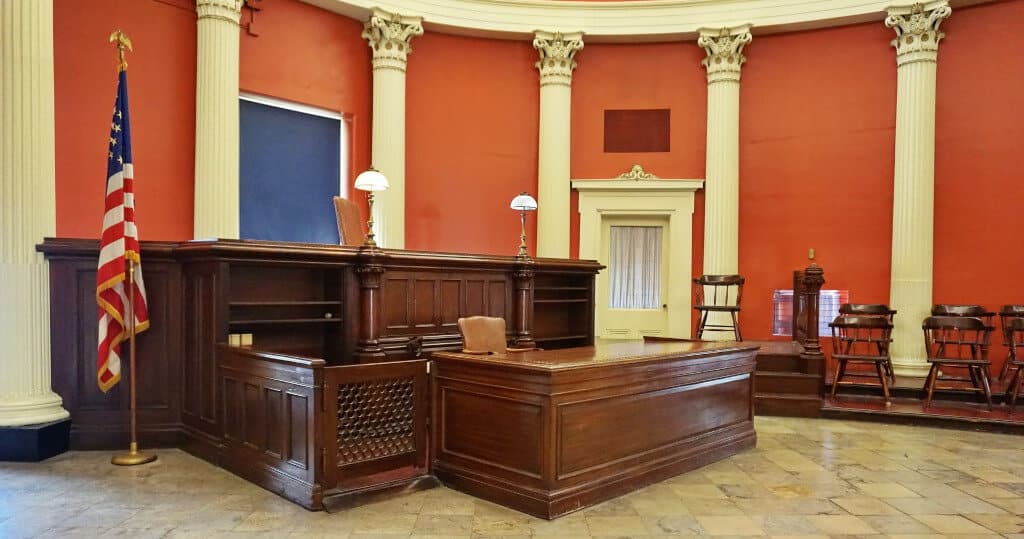
In summary, the 5th Amendment includes:
- Allowing people to be indicted by a grand jury before going to trial
- Protection against being made to answer more than once for the same crime (Double Jeopardy)
- Allowing people to keep from self-incriminating
- The right to fair treatment by the court system
Let’s look at these 5th Amendment rights in more depth and how they affect the United States Constitution.
Trial By Grand Jury
The first line of the Amendment mentions that the courts can only try people for “infamous” crimes if a grand jury indicts them.
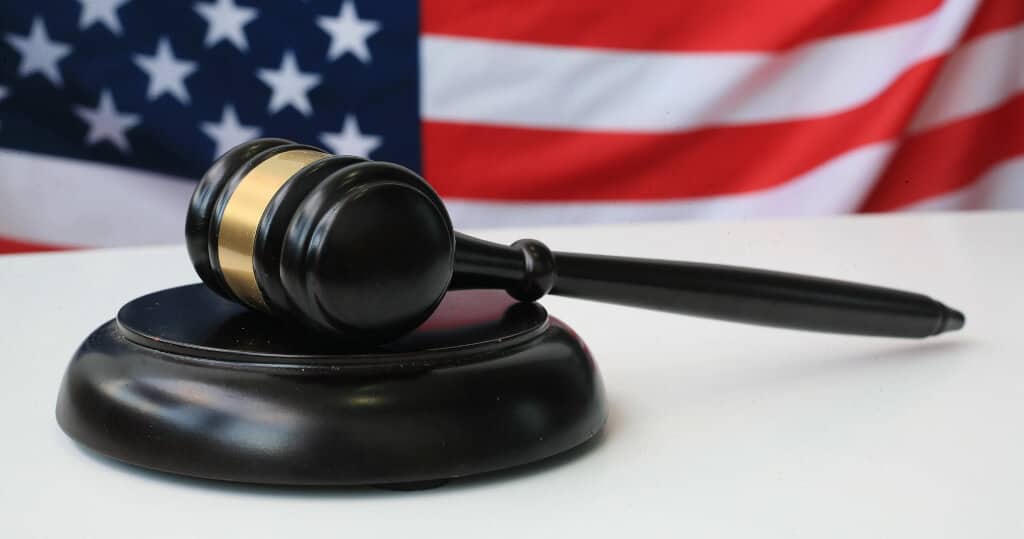
What’s a grand jury?
A grand jury is different from the trial jury you’d see in a courtroom TV show because it doesn’t deliver a verdict. It only delivers indictments.
What does a grand jury do?
The grand jury will look at all the evidence of a case (including some that might not be admissible to a trial jury, such as illegally-obtained evidence) and decide whether or not it’s sufficient to indict (indictment is simply a word for “legally accuse”) the person of the supposed crime.
What crimes does the 5th Amendment apply to?
The text of the Fifth Amendment technically only applies to federal felonies.
Although all states have laws that allow for grand juries, only about half of them actually utilize them. Additionally, the Fifth Amendment only applies to “infamous” or “capital crimes,” meaning those with a penalty of more than one year of incarceration, as well as felonies or crimes that permit the death penalty.
Protection Against Double Jeopardy

The Fifth Amendment also prevents people from being made to answer for the same crime twice (referred to as “double jeopardy”).
This means that a person can’t be tried twice or sent to prison twice for the same offense.
This does not apply in the case of a mistrial or if the defendant requests an appeal. A person may also be tried once on the state level and again on a federal level.
The 5th Amendment is sometimes also called the Double Jeopardy Amendment.
What Does the Right to Due Process Mean?
The Fifth Amendment states that a person cannot be “deprived of life, liberty, or property without due process of law.”
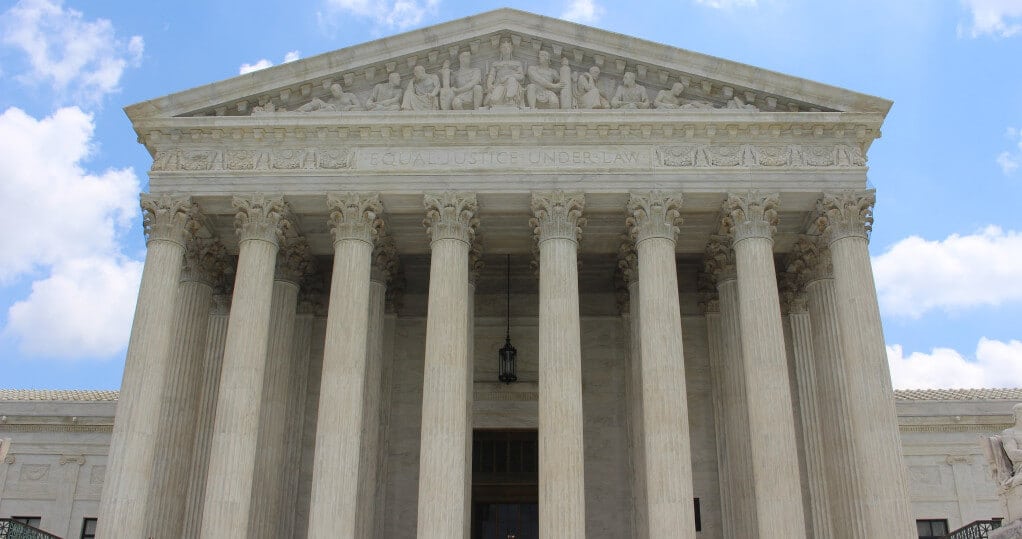
“Due process” means that trials will be conducted fairly and within the bounds of the law. For example, anyone accused of a crime can expect to go through a set procedure and therefore has a right to due process.
Again, this provision technically only applies to federal courts. Still, through the Fourteenth Amendment, the United States Supreme Court has expanded the guarantee of due process to cover all the states.
This is known as the Due Process Clause.
Protection Against Self-Incrimination and To Plead the 5th
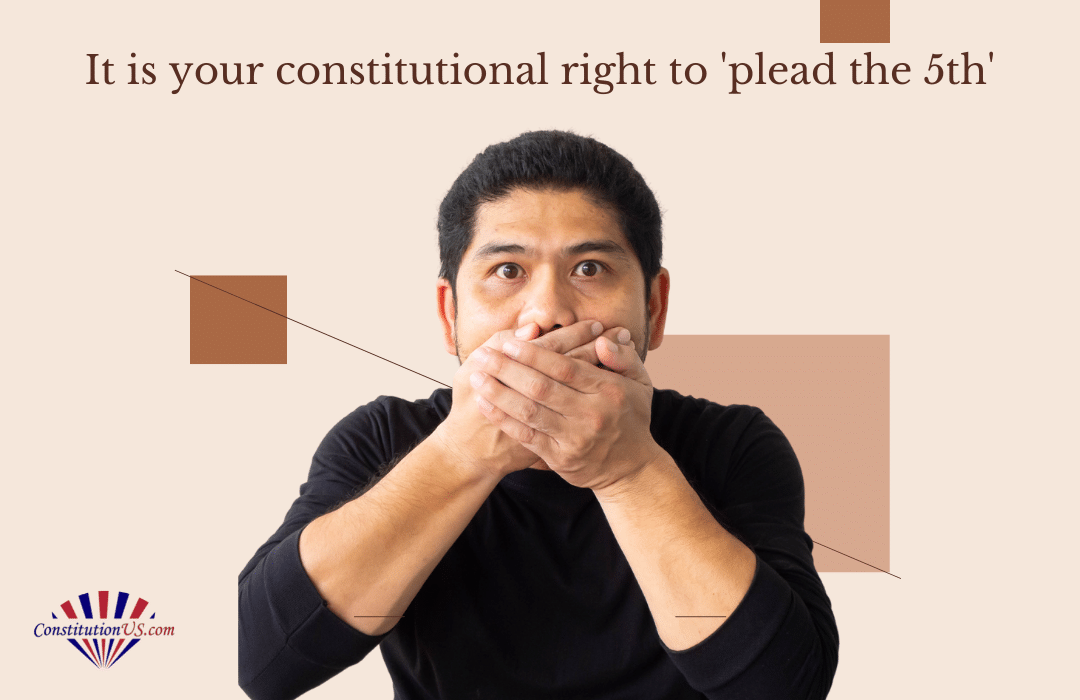
Most people are aware of the expression,
“I plead the Fifth.”
When a person suspected of a crime says this, they assert their right to avoid self-incrimination as guaranteed under the Fifth Amendment. It is also called invoking the 5th Amendment.
A person could say something that could be used as evidence against them in a trial. Therefore, they don’t have to respond to a question if they don’t want to because what they say might be used against them.
They are invoking their 5th Amendment rights of protection.
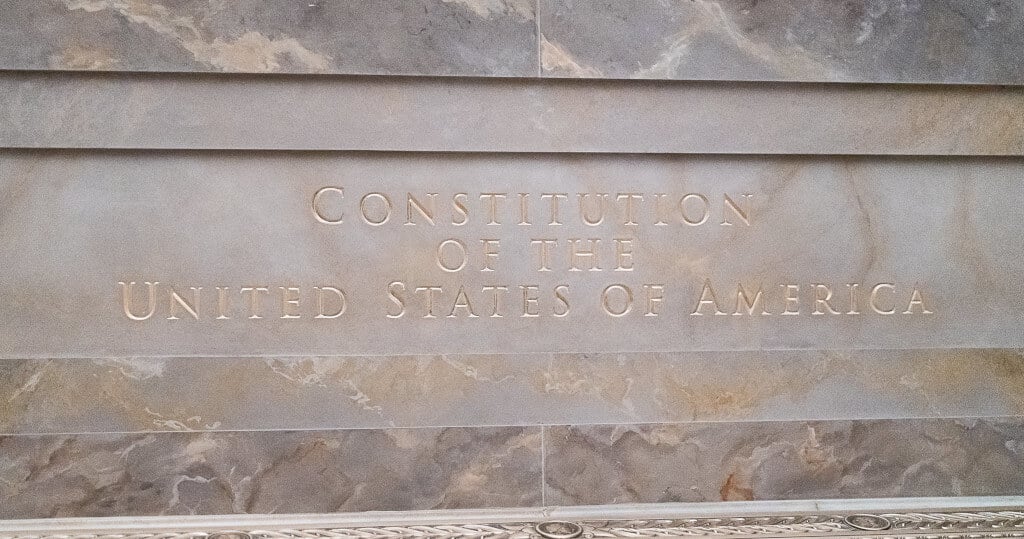
The famous “Miranda warning” issued by police also finds its roots in the Fifth Amendment – “you have the right to remain silent” directly references the section on self-incrimination.
Right to Just Compensation
A government can take private land for public use if it so desires. This ability is called eminent domain. For example, a government could seize part of someone’s estate and use it to construct a new highway section.

Get Smarter on US News, History, and the Constitution
Join the thousands of fellow patriots who rely on our 5-minute newsletter to stay informed on the key events and trends that shaped our nation's past and continue to shape its present.
The Fifth Amendment puts a limit on eminent domain. If the government does this, they have to pay the owner.
The value paid is called fair market value – essentially, the government must pay what the property’s value would be if bought by an individual on the open market.
What Rights Does the 5th Amendment Protect?
In summary, the following are the rights that the 5th Amendment protects:
- Right to Just Compensation
- Right to Due Process
- Right of Protection Against Double Jeopardy
- Right to plead the 5th for Protection against Self-Incrimination
- Right to a Trial by Grand Jury

Interesting 5th Amendment Trials
Blockburger v. United States
In the 1932 trial of Blockburger v. United States, the court ruled that a person cannot be prosecuted twice for the same crime.
If a person commits two separate offenses during one incident, each crime must be charged and tried separately to avoid double jeopardy.
Chambers v. Florida
In 1940, four Black men were arrested by the police to obtain a confession for a murder they allegedly committed. Consequently, they were sentenced to capital punishment.
The US Supreme Court opposed this decision, and Justice Hugo Black argued that it denied the defendants their right to stand before the court and plead their case equally. Black claimed that the acts committed against the men resembled tyranny and were unlawful, placing them in a vulnerable state.
While this didn’t entirely eliminate police violence against Black people in Southern states, it demonstrated that the US Constitution was not in favor of such actions.
Ashcraft v. Tennessee
This case took place in 1944.
Following a 38-hour interrogation, the Tennessee police force extracted a confession from their suspect.
Justice Black led the Supreme Court once more and sought to overrule the criminal charge. He expounded that the justice system of America didn’t support forceful confessions under custodial interrogation.
He agreed with foreign countries who upheld that it was unlawful to convict people of crimes using acts that involved physical or mental abuse to achieve it.
America’s government would never sway that way either, was the announcement of Justice Black.
It wasn’t the first nor the last time that America would see such coercion being used by law enforcement, but this was an example of how confessions under such duress were deemed less trusted.
Miranda v. Arizona
On many occasions, coercion has been abused, as we’ve seen, but it’s not the only issue where cases are overruled for unjust practice.
Arrestees must be read their rights before being taken into custody to ensure they understand them. This has been the law since 1966 when Miranda fought against the state of Arizona.
If the court didn’t enforce this right, unfair convictions would likely run rampant. Therefore, it had to be imposed to prevent this from happening.
Chief Justice Earl Warren oversaw this case and announced that law enforcement must exercise fairness, read suspects their rights, and remove any unnecessary forceful pressure, regardless of their background.
While this case was undoubtedly controversial, the outcome has stood the test of time. Today, over 50 years later, the Miranda rule remains in place. Law enforcement must follow fair practices and abide by the guidance of the law when arresting suspects.
Dates of Proposal and Ratification for 5th Amendment
As part of the Bill of Rights, the 5th Amendment was proposed to the legislatures of the several States by the First Congress on September 25, 1789. It was ratified by the following States, and the notifications of ratification by the Governors thereof were successively communicated by the President to Congress:
New Jersey, November 20, 1789
Maryland, December 19, 1789
North Carolina, December 22, 1789
South Carolina, January 19, 1790
New Hampshire, January 25, 1790
Delaware, January 28, 1790
New York, February 24, 1790
Pennsylvania, March 10, 1790
Rhode Island, June 7, 1790
Vermont, November 3, 1791
Virginia, December 15, 1791
Ratification was completed on December 15, 1791.
The amendment was subsequently ratified by the legislatures of:
Massachusetts, March 2, 1939
Georgia, March 18, 1939
Connecticut, April 19, 1939
5th Amendment Simplified Quiz
Frequently Asked Questions
What are the key rights protected by the 5th Amendment?
What does 'pleading the 5th' mean?
What is double jeopardy under the 5th Amendment?
How does the 5th Amendment protect property rights?
What is the significance of the Miranda warning in relation to the 5th Amendment?
How useful was this post?
Click on a star to rate it!
Average rating / 5. Vote count:
No votes so far! Be the first to rate this post.
We are sorry that this post was not useful for you!
Let us improve this post!
Tell us how we can improve this post?


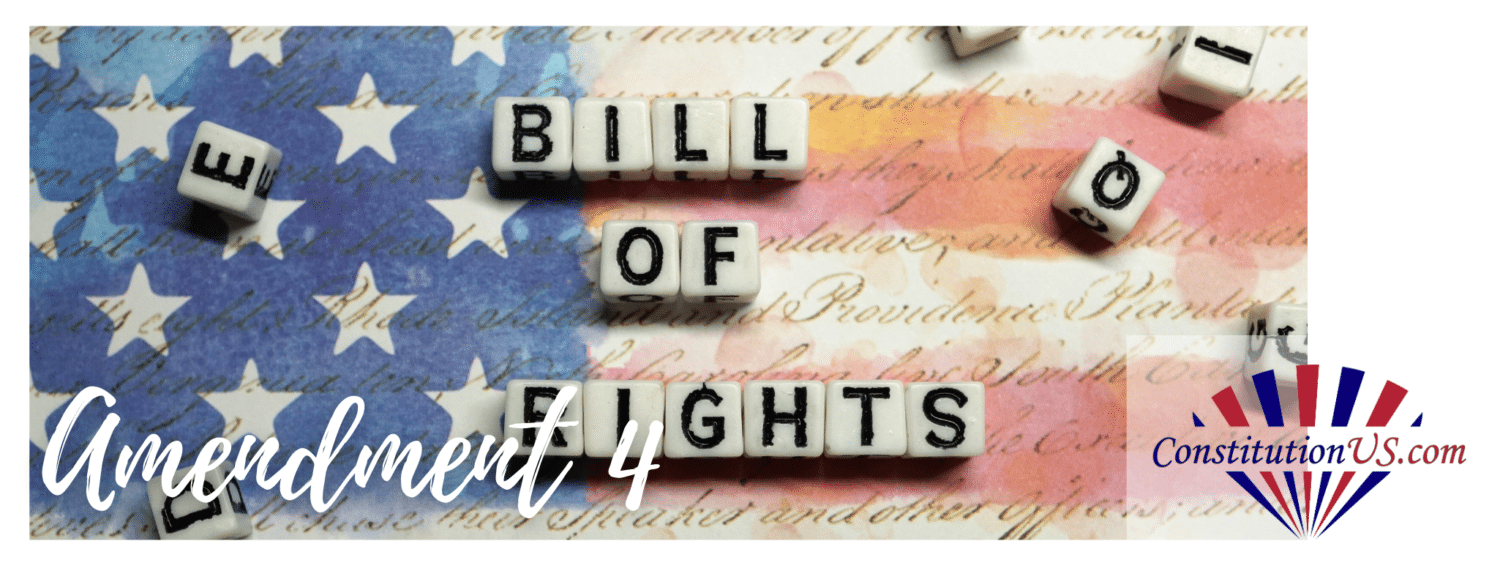
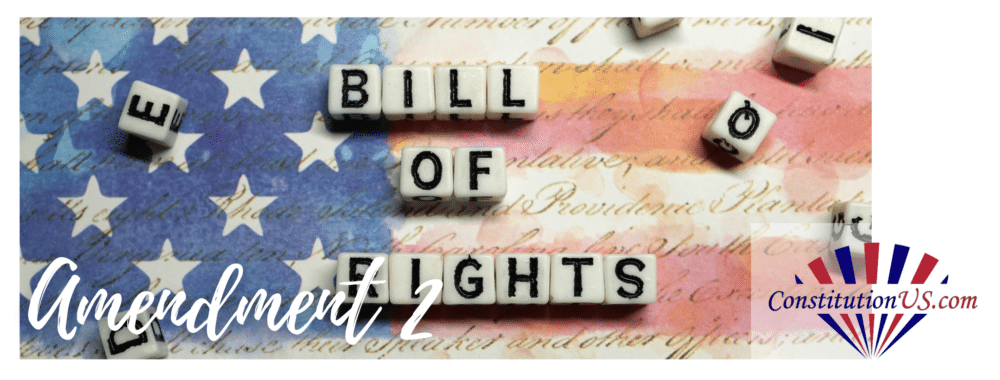
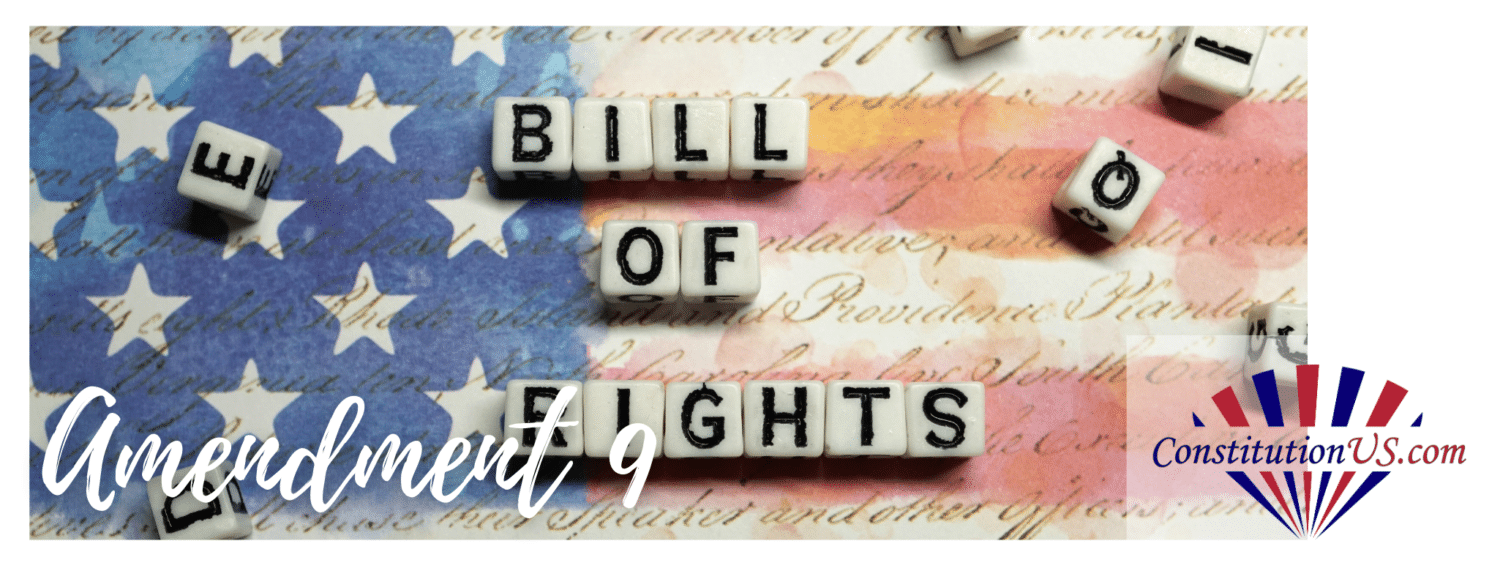
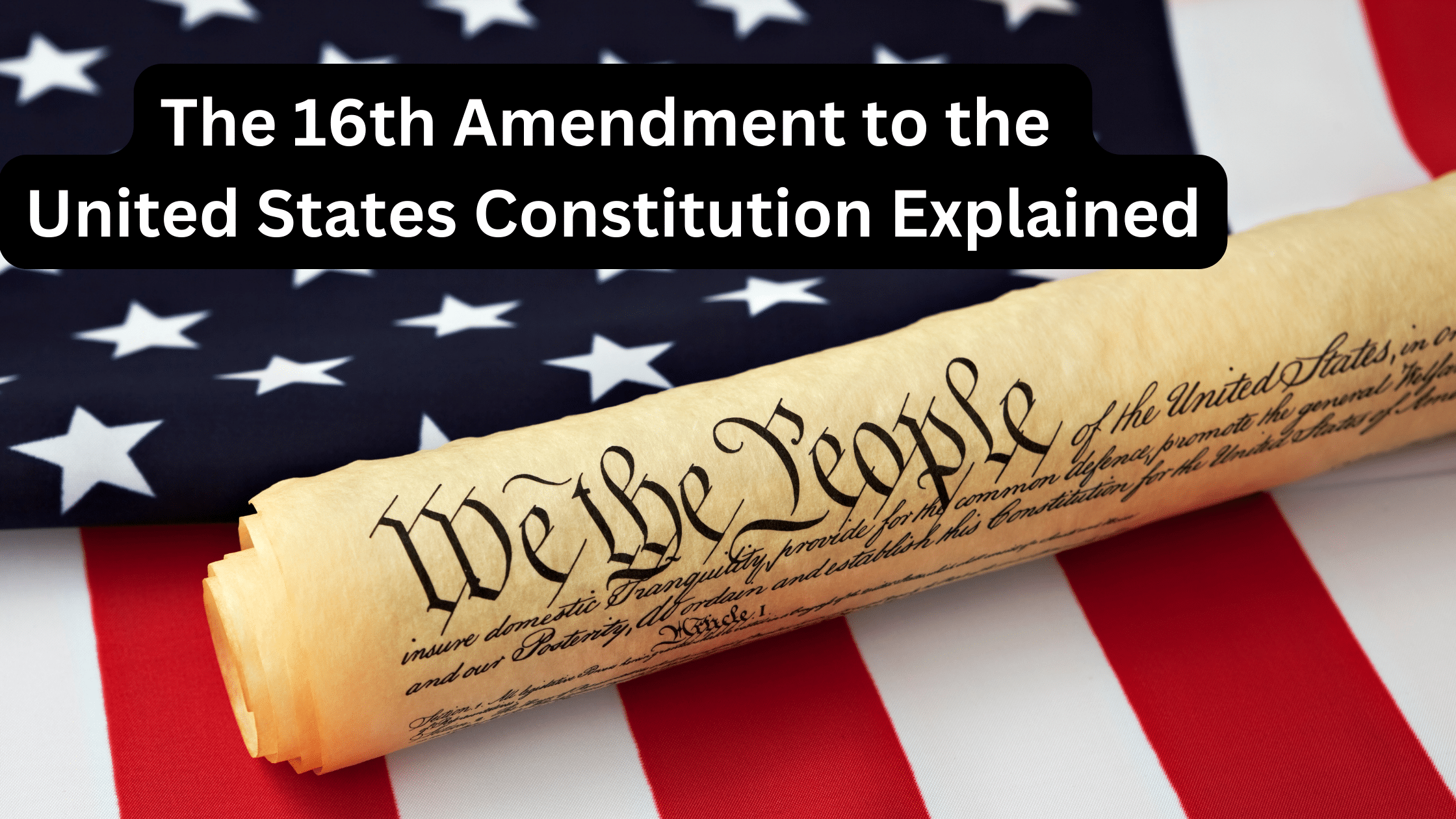
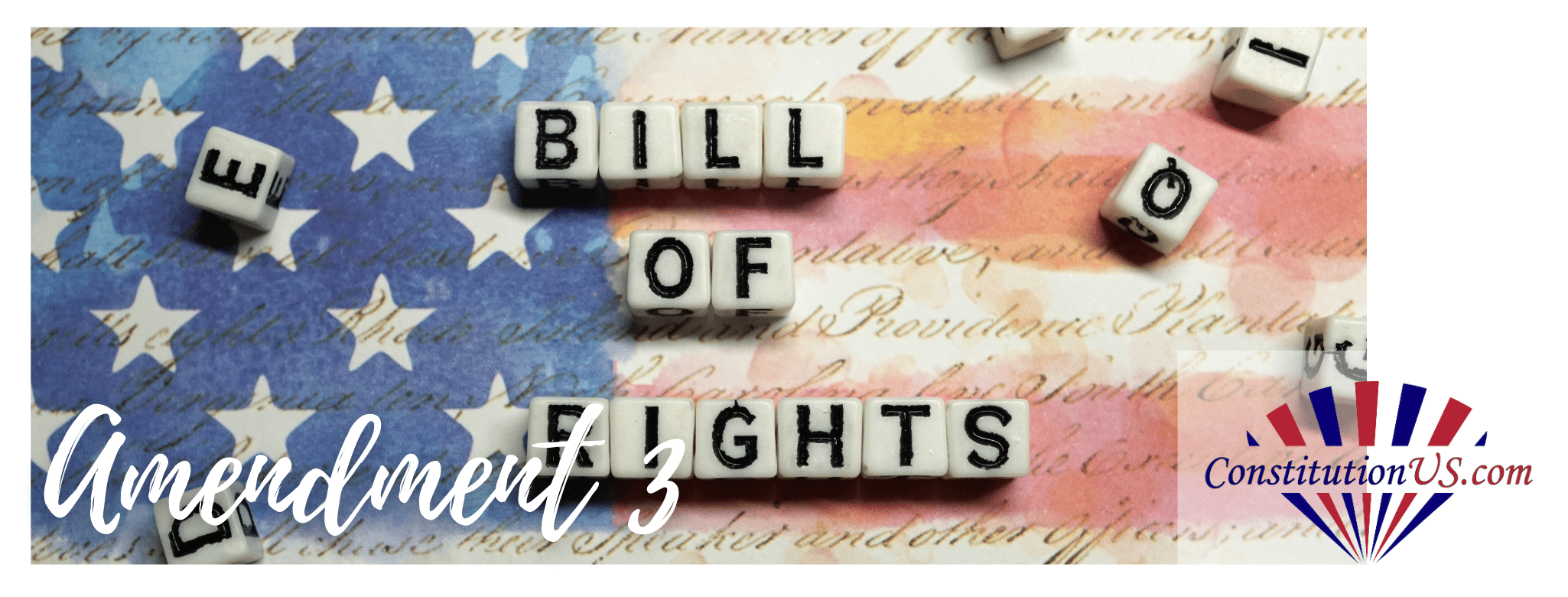
One Response
we were issued a show cause in connection with a child protective order. i appealed the show cause and was found no guilty by one judge on 4/12/21 . we appeal the cpo to circuit court and i stated the same testimony but that judge didnt find my word creditable and used i against me in the finding of facts. now because of this cpo i had to hand in my concealed gun permit. can I petition /or motion in cicuirt court in connection and referrence both cases and ask for custody of my daughter back as well as my permit.